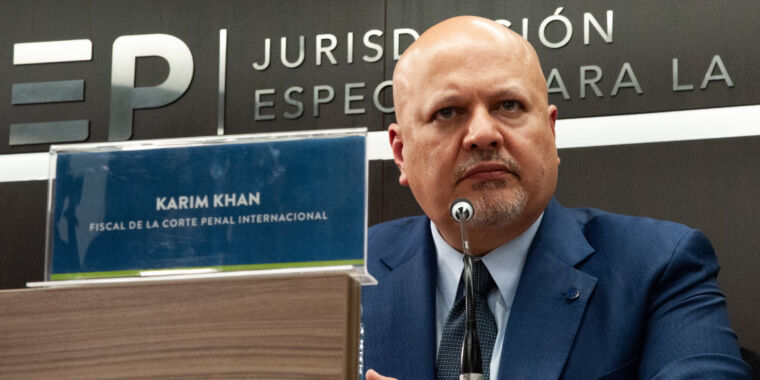I got a feeling this is going to end up not going after foreign nations but will still somehow mean we regular folk get spied on more
I’d like to think this will be used against organized crime, those that pull ransomware attacks on public infrastructure and internet companies that shut off access in the middle of strategic operations that would disable an invading country’s navy. But because I know what mission creep is it seems inevitable that shitposters will be held accountable for memes against humanity.
Imagine getting called to the Hague for posting an inappropriate wojack.
Ok. Now what?
Go to the Hague ig
This sucks. Foods not bad though.
I need someone to give this man a thanos chin.
This is the best summary I could come up with:
For years, some cybersecurity defenders and advocates have called for a kind of Geneva Convention for cyberwar, new international laws that would create clear consequences for anyone hacking civilian critical infrastructure, like power grids, banks, and hospitals.
Now the lead prosecutor of the International Criminal Court at the Hague has made it clear that he intends to enforce those consequences—no new Geneva Convention required.
In a little-noticed article released last month in the quarterly publication Foreign Policy Analytics, the International Criminal Court’s lead prosecutor, Karim Khan, spelled out that new commitment: His office will investigate cybercrimes that potentially violate the Rome Statute, the treaty that defines the court’s authority to prosecute illegal acts, including war crimes, crimes against humanity, and genocide.
“Attempts to impact critical infrastructure such as medical facilities or control systems for power generation may result in immediate consequences for many, particularly the most vulnerable.
But the new statement of the ICC prosecutor’s intent to investigate and prosecute hacking crimes comes in the midst of growing international focus on Russia’s cyberattacks targeting Ukraine both before and after its full-blown invasion of its neighbor in early 2022.
In March of last year, the Human Rights Center at UC Berkeley’s School of Law sent a formal request to the ICC prosecutor’s office urging it to consider war crime prosecutions of Russian hackers for their cyberattacks in Ukraine—even as the prosecutors continued to gather evidence of more traditional, physical war crimes that Russia has carried out in its invasion.
The original article contains 609 words, the summary contains 248 words. Saved 59%. I’m a bot and I’m open source!
Sounds great! Finally, for once, we put our current system to good use instead of expanding it into a bureaucratic mess.






